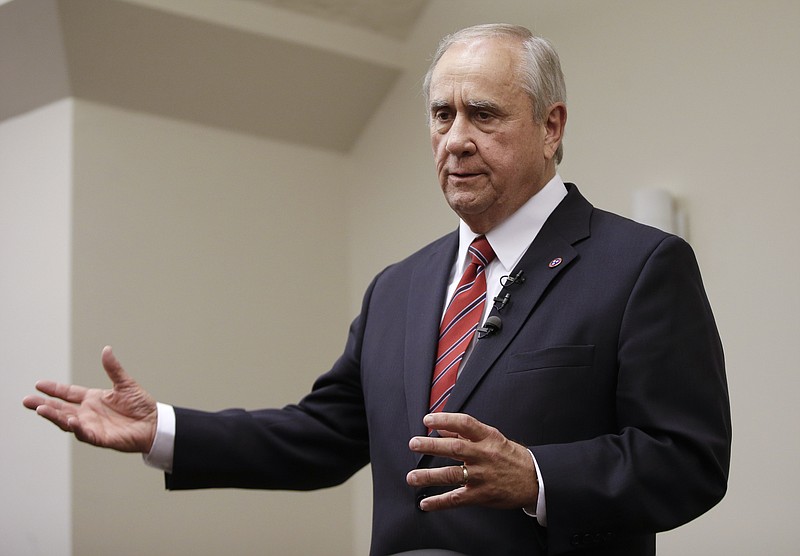NASHVILLE -- After nearly 15 years of federal oversight, the Tennessee Department of Children's Services expects to meet all the requirements of a 2001 settlement agreement by the end of the calendar year.
If DCS can meet that goal and maintain compliance for a full year, officials could then ask U.S. District Judge Todd Campbell to end the federal supervision. The earliest that would happen would be 2017.
The settlement came after the court found serious problems with the department's treatment of foster care children. It sets out a series of requirements for the department, including reasonable caseloads, sufficient training for case workers, and a quick response to reports of abuse or neglect.
At a progress hearing Monday, both sides agreed the department is about 90 percent of the way there.
Two years ago, they were not so optimistic. The department was reeling from a scandal over problems that included officials not knowing how many children had died while the agency was supposed to be helping them. Commissioner Kate O'Day resigned and was replaced by Jim Henry, who is credited with getting DCS back on track.
Henry recently left the department to work as Gov. Bill Haslam's chief of staff. He was replaced by Bonnie Hommrich, a longtime deputy commissioner at DCS. Both sides on Monday described the transition as a smooth one.
Asked on Monday about the new system for investigating and tracking child deaths that Henry implemented, DCS attorney Jon Lakey said it was functioning well and continuing under the new commissioner. Lakey also said problems that had plagued the department after the failure of a new computer system are no longer an issue.
DCS also is doing a good job of keeping caseloads within reasonable limits, Lakey said. In 2014, at least 97 percent of workers were responsible for 20 or fewer kids, according to a progress report compiled by an independent monitor.
"I know we have a way to go," Lakey said, "and the road is a hard one to travel, but the road is a lot shorter than it was."
Some of the areas where DCS is not yet in compliance include the oversight of psychotropic medications and the use of seclusion and restraints on kids in foster care.
Sarah Russo is an attorney with Children's Rights, which brought the original lawsuit. She said plaintiffs' attorneys don't have any reason to think that there are major problems in those areas, but they are asking for more documentation.
